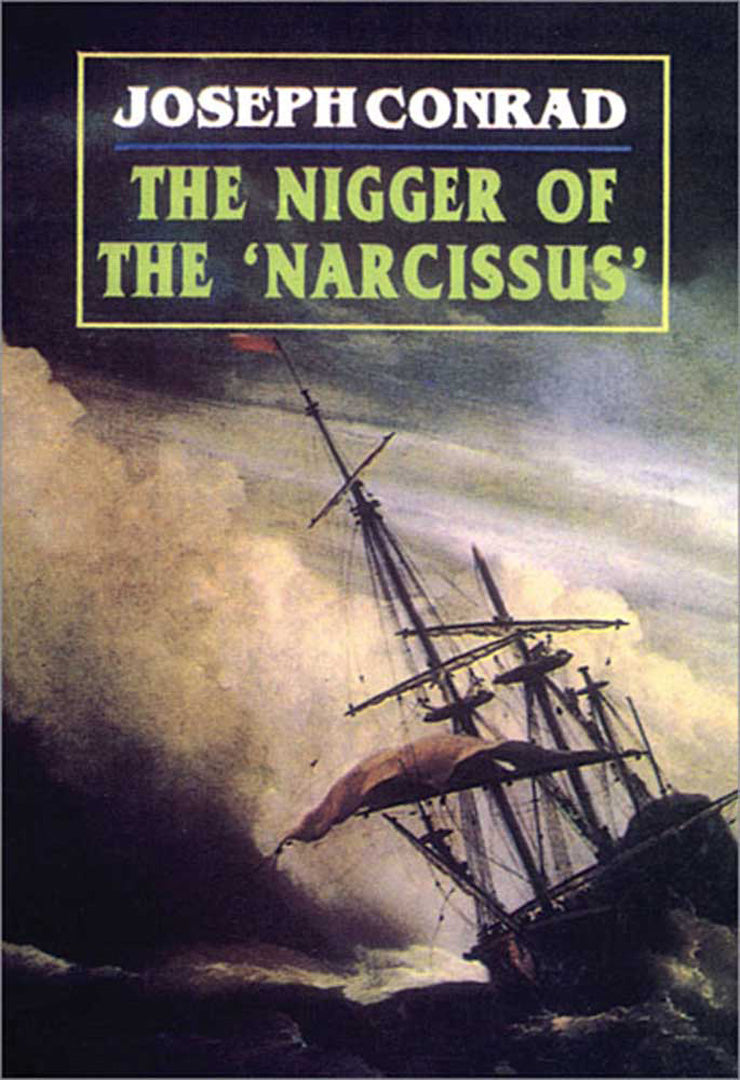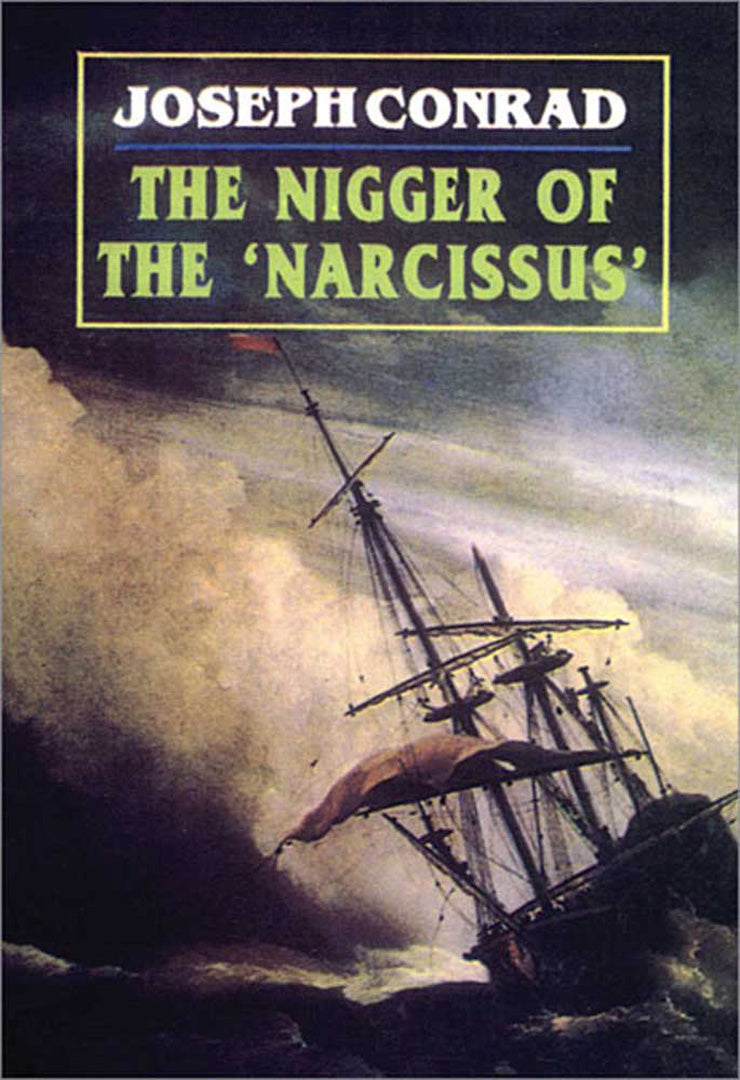The Nigger Of The 'Narcissus'
The Nigger Of The 'Narcissus'
Joseph Conrad
Couldn't load pickup availability
Share

More Information
- ISBN13:
- Publisher: Atlantic Publishers & Distributors (P) Ltd
- Publisher Imprint: Peacock Books
- Publication Date:
- Pages: 144
- Binding:
- Item Weight:
- Original Price:
About The Book
The Nigger of the 'Narcissus', published in 1897, is widely regarded as the finest and the strongest picture of the sea and sea life that the English language possesses. Framed around a sea voyage from Bombay to London, the action concentrates on the human community of the ship, the Narcissus. The tensions within the small number of crew are as perilous as the weather itself, and are created by two different generations of seamen.
Captain Alistoun and the veteran Singleton have the reticence of men primarily concerned with their duties as seamen. In contrast, the detachment from the working community of the younger Donkin, a compulsive troublemaker, and James Wait, the 'nigger' of the title, comes to represent a powerful, if less practical, set of interests. During a ferocious gale Wait has to be rescued from the sickbed; and in the ensuing calm Donkin tries unsuccessfully to incite the crew to mutiny. Finally, as predicted by Singleton, 'the oldest able seamen in the ship', Wait dies, the wind rises, and the Narcissus is able to dock in London.
The novel is Conrad's first major exploration of the psychology of service of seamen.
About The Author
Joseph Conrad (originally Teodor Josef Konrad Korzeniowski) was born in Russian-dominated Ukraine in 1857. His parents were punished by the Russians for their Polish nationalist activities and both died while Conrad was still a child. Conrad grew under the care of his uncle, Thaddeus Bobrowski, who was to be a continuing influence on his life. From an early age he longed to go to sea and in 1874 he travelled to Marseilles where he joined the merchant marine as an apprentice. His career as a sailor provided much of the material for his writing. In 1886 he became a British subject and a master mariner. In 1894, after twenty years at sea, he settled in England and devoted himself to writing.
In 1895 Conrad married Jessie George, by whom he was to have two sons, and his novel Almayer’s Folly appeared in the same year. The long subsequent series of novels, tales, essays and reminiscences established Conrad in the front rank of creative writers. Among his many other books are An Outcast of the Islands (1896), The Nigger of the ‘Narcissus’ (1897), Typhoon (1902), Youth (1902), Nostromo (1904), The Mirror of the Sea (1906), The Secret Agent (1907), Under Western Eyes (1911), Chance (1913), Victory (1915), The Shadow Line (1917), The Rescue (1920) and The Rover (1923). He also collaborated with Ford Madox Ford on two books, The Inheritors (1901) and Romance (1903). His autobiography, A Personal Record, appeared in book form in 1912 and his unfinished novel Suspense was published in 1925. He died in 1924 at his home near Canterbury.
Despite the immediate critical recognition that novels of Conrad received in his lifetime, his major novels did not sell, and he lived in relative poverty until the commercial success of Chance (1913) secured for him a wider public and an assured income. In 1923 he visited America, with great acclaim, and was offered a knighthood (which he declined). Since then his reputation has steadily grown and now he is recognised as a writer who revolutionized the English novel and was arguably the most important single innovator of the twentieth century.

